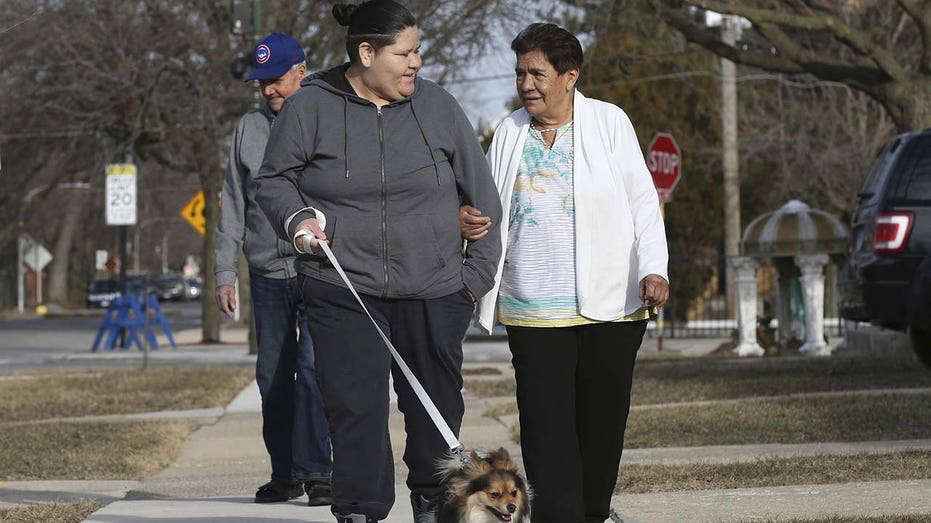Americans now believe they need 20% more to retire versus a year ago
Inflation and market volatility are driving uncertainty, according to Northwestern Mutual
Charles Payne: Selling anything in your retirement account is simply nuts
FOX Business host Charles Payne provides insight on saving for retirement on 'Making Money.'
Rising prices and market volatility over the past year have caused Americans to reassess how much they will need to save for retirement – and it is a whole lot more than what they thought they needed in 2021.
A new study from Northwestern Mutual found U.S. adults now expect they will need $1.25 million to retire comfortably, which is 20% higher than last year's figure.

American adults surveyed by Northwestern Mutual believe they need to save 20% more for retirement than they expected last year. (Antonio Perez/Chicago Tribune/Tribune News Service via Getty Images / Getty Images)
"It's a period of uncertainty for many people, driven largely by rising inflation and volatility in the markets," said Christian Mitchell, executive vice president and chief customer officer at Northwestern Mutual.
INFLATION PUSHES CONSUMER CONFIDENCE TO THREE-MONTH LOW
"We've also seen upticks in spending year-over-year not only as a result of inflation, but also as people have resumed a sense of normalcy in their lives following the earlier days of the pandemic," Mitchell explained. "These factors are leading many people to recalibrate their thinking about how much they'll need to retire and how long it will take them to get there."

Rising prices on everyday goods coupled with market volatility have caused Americans to reassess how much they will need to save for retirement. (David Paul Morris/Bloomberg via Getty Images / Getty Images)
But despite feeling like they need more socked away for their golden years, Americans' nest eggs have fallen.
The same 2022 Planning & Progress Study found Americans' average retirement savings tumbled 11% over the past year, from $98,800 in 2021 to $86,869.
INFLATION BIG SETBACK FOR RETIREMENT SAVINGS
In order to make up the difference, respondents said they plan on remaining in the workforce longer. The expected retirement age for those surveyed climbed to 64, up from 62.6 last year.

43% of Americans say they do not expect to have enough saved for retirement when the time comes. (Photo by Andrew Lichtenstein/Corbis via Getty Images / Getty Images)
Perhaps unsurprisingly, Northwestern Mutual reported that the study also found "low levels of confidence among Americans about their retirement preparedness, and they don't have great faith in Social Security as a backstop."
GET FOX BUSINESS ON THE GO BY CLICKING HERE
More than four in ten respondents told the investment giant they do not expect to have enough saved for retirement when the time comes, and 45% said they could see Social Security not being available in the future.





















